A few weeks ago, I was flying my drone over a spot not far from where I live. I was looking for what I usually seek: old woodland pockets tucked into the folds of the countryside.
It’s something I’ve done for a while now. I’ve never felt particularly comfortable flying the drone.
I find them disconcerting, annoying even. I’m uneasy about the connotations of “spying” on others.
On the other hand, they are incredibly powerful tools for documenting and understanding the landscape. I’ve found countless hidden pockets of woodland and wetland using my eye in the sky.
Scanning around that day, I spotted a big black mark on the land. A field had been sprayed with slurry in a way that was utterly inappropriate. In places, the slurry lay inches thick, pooling above the grass.
Incredibly, this was the third time it had been applied since the season opened in January. The field was already quite poached, and even now, weeks on, there’s very little grass growing.
This isn’t an isolated issue.
It’s been going on all over the place. Many of the nutrients spread since January have ended up in our rivers, lakes, and estuaries.
This river directly connects to where I live upstream, but also ties into the national conversation.
Most readers will know that Ireland is at a critical juncture when it comes to water quality and the renewal of the nitrates derogation.
When I showed the pictures to others (mainly farmers) the responses were nearly identical:
“You should report this.”
“This isn’t right.”
So I did. I made a formal complaint.
I won’t lie, it didn’t sit easy with me. It still doesn’t. In fact, the whole thing has left me feeling deeply unsure about how I, or anybody else should respond to the piecemeal destruction of our natural world.
Insider/outsider
My own mixed feelings reflect something personal.
I know this place, the roads, the fields, and many of the people who live here, but I wouldn’t call myself a local.
I moved here when I was 18. I didn’t go to school here. I don’t have deep family or generational ties to the area, and I suppose there’s a sensitivity around that.
And yet, this is my community. My kids go to school here. I have many friends in this place, including farmers.
I know the rivers. I walk them. I see their stagnant pools, their broken-down banks, and I see how little life is left. All three local streams are classified as being in moderate or poor ecological status.
The beach they flow into is no better. Every year, as soon as testing begins, it and other west Clare’s beaches face spates of closure.
I came here originally for surfing. People who use the sea year-round, many of them good friends, often face illness: sinus infections, skin issues, stomach problems. The water isn’t clean, and the consequences are real.
Beyond the environmental and health impacts, there are economic ones too for local businesses, for tourism, and for farmers themselves, who are now facing the potential loss of Ireland’s nitrates derogation.
Coming home to roost
A few days after the complaint, a tractor pulled into my yard. A man stepped out. I suppose I already knew how the conversation was going to unfold.
“Did you report me to the council?” he asked.
I said I did.
At that moment, I realised I knew him. He’s always seemed like a decent sort. And while he clearly wasn’t happy, he was relatively polite.
I explained why I did it. I told him that, as a neighbour, I felt embarrassed, even ashamed, but I still stood over it in principle.
That didn’t make it feel any better. I told him that if a car was driving dangerously through the village, I’d report that too, because it’s wrong, and it’s illegal.
He gave me his reasons. He told me he’s of an age that he just wants to get on with his life in peace.
That really stayed with me.
It’s hard to shake the feeling that by doing the right thing, I may have done the wrong one too.
Like anyone living in rural Ireland, I know that one conversation can echo in a parish for years. Perhaps it was impetuous, or tactless, but in the moment, I felt the right thing to do was to go through the route available to the public for such situations.
I didn’t make the complaint to shame anyone. I did it because I believe we can’t fix problems if we pretend they aren’t there.
But I also believe that real change doesn’t come from finger-pointing. It comes through dialogue. Maybe I should have tried to find the individual first. Maybe there was a different way.
Because the truth is, we need to hold each other to account. But we also need to be decent neighbours.
Ray Ó Foghlú is an environmental scientist and woodland conservationist He is the farm programmes co-ordinator with the Hometree charity.




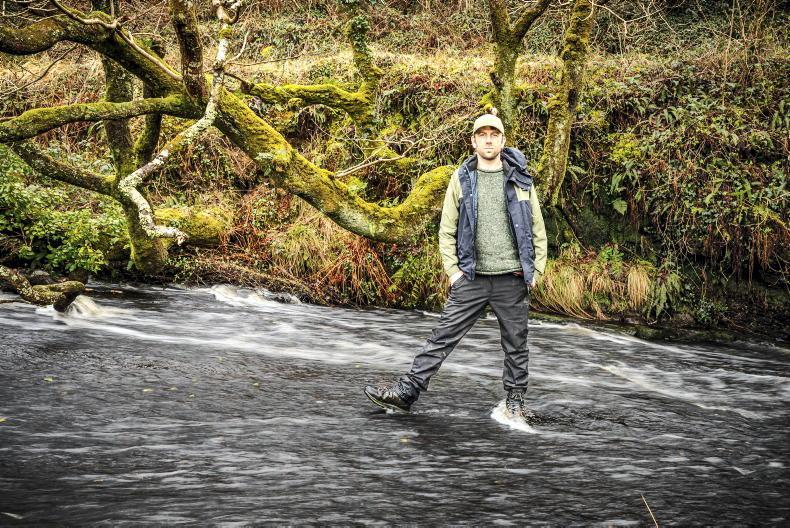
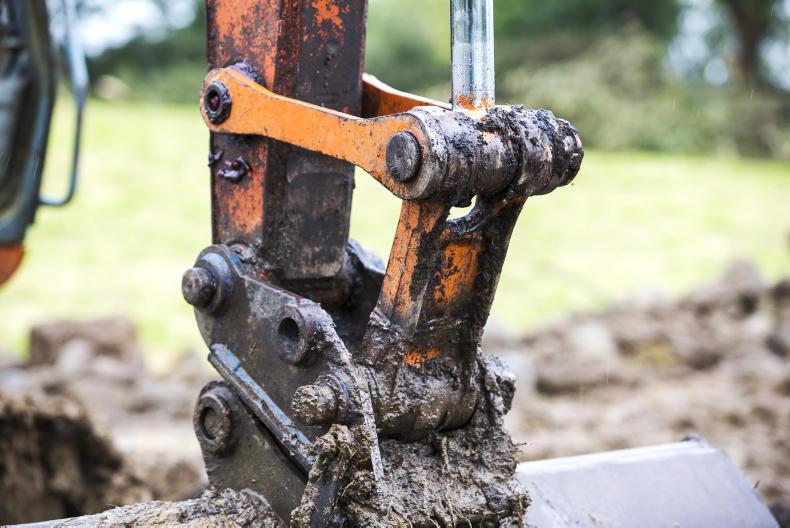

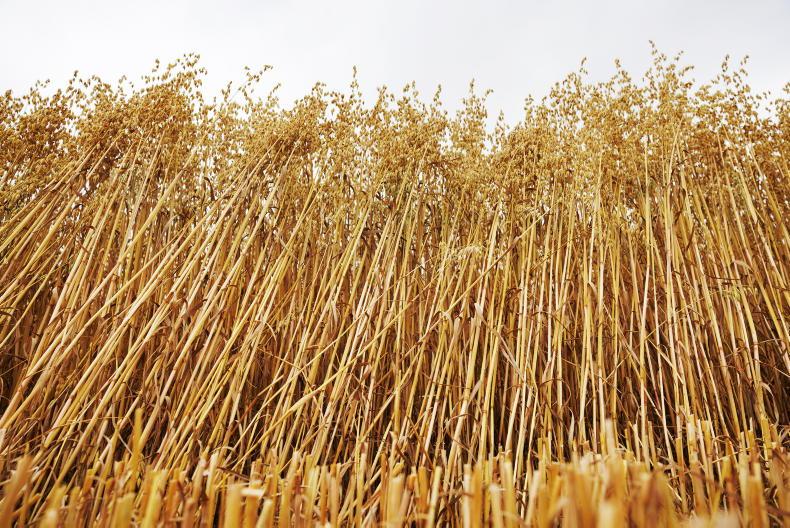
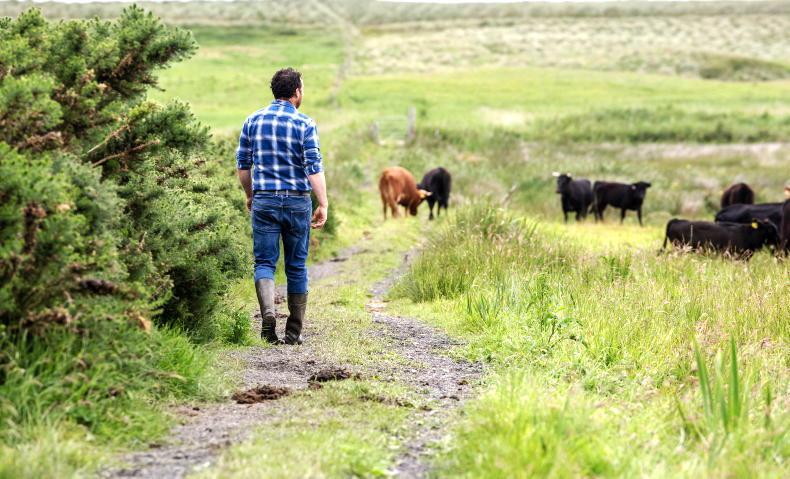
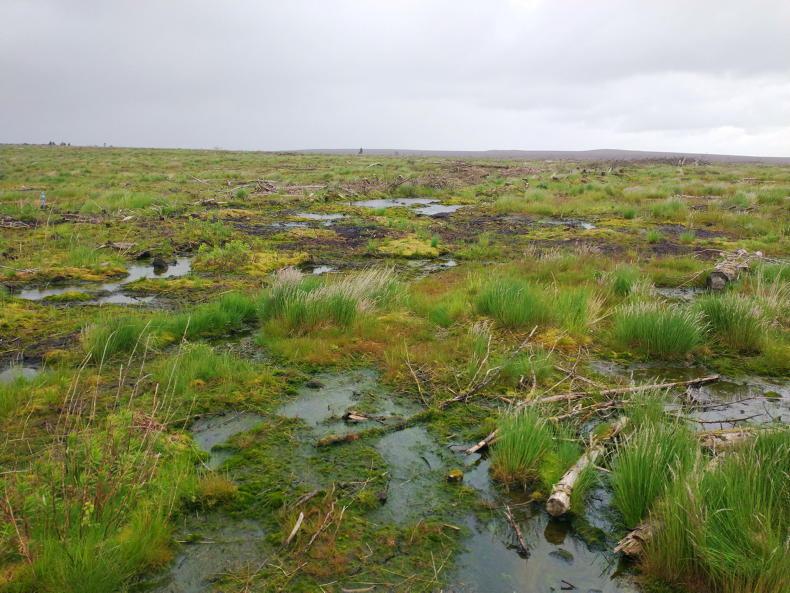
SHARING OPTIONS